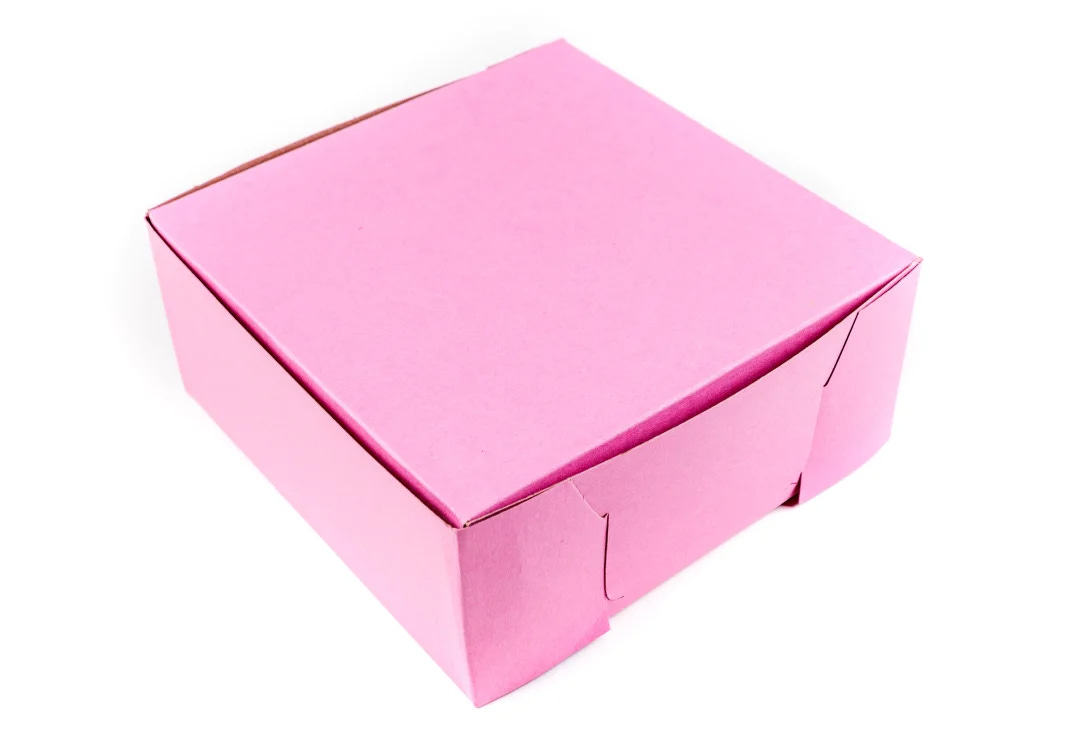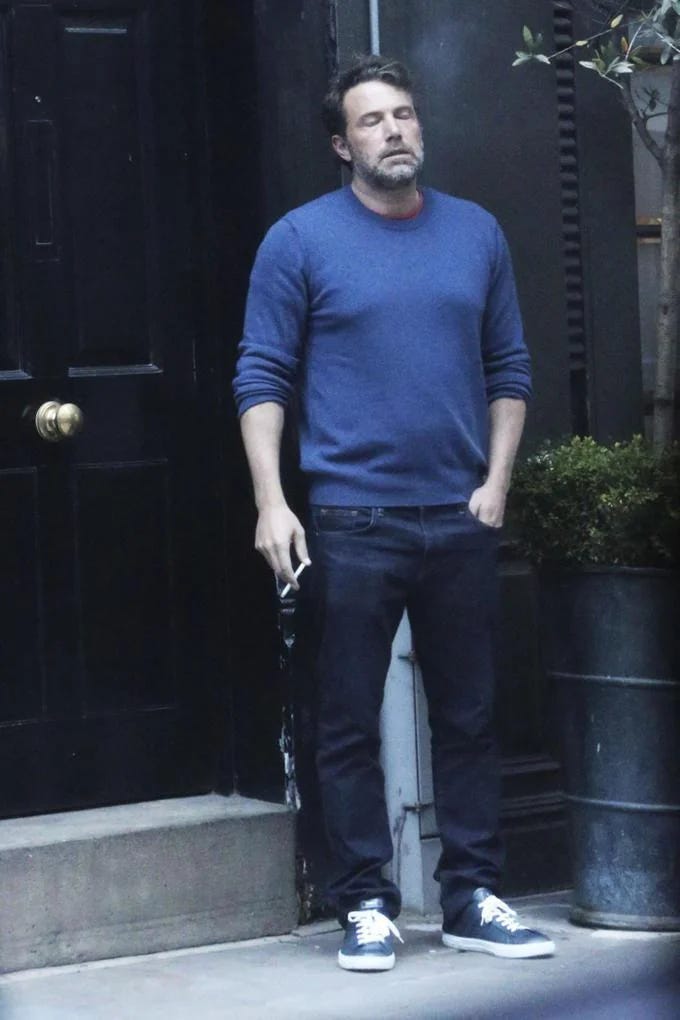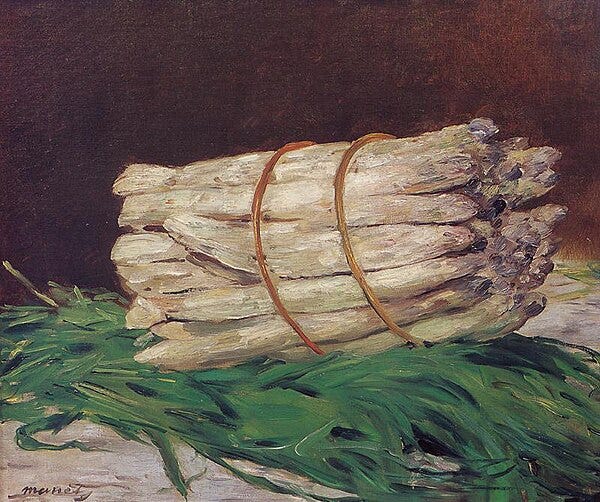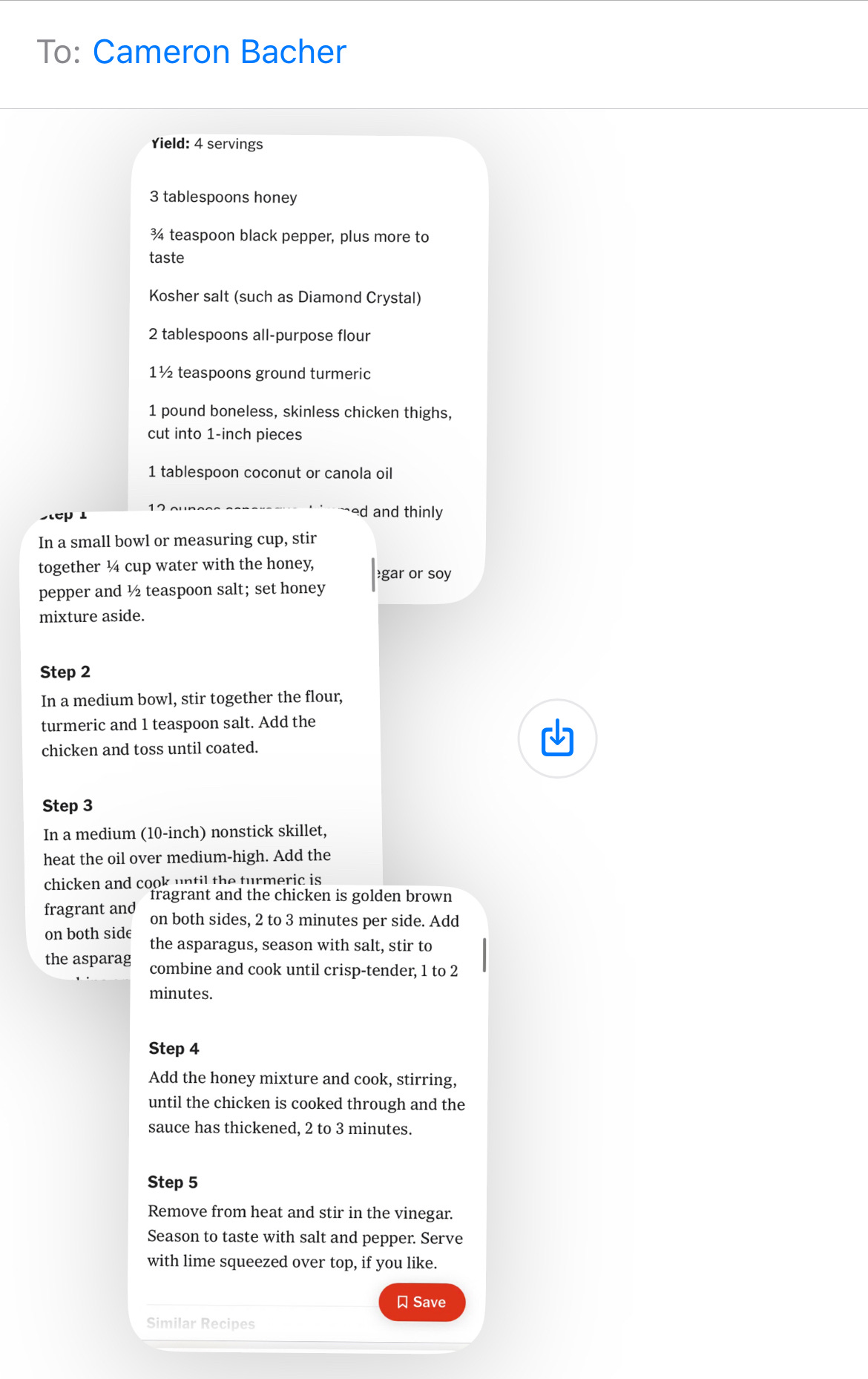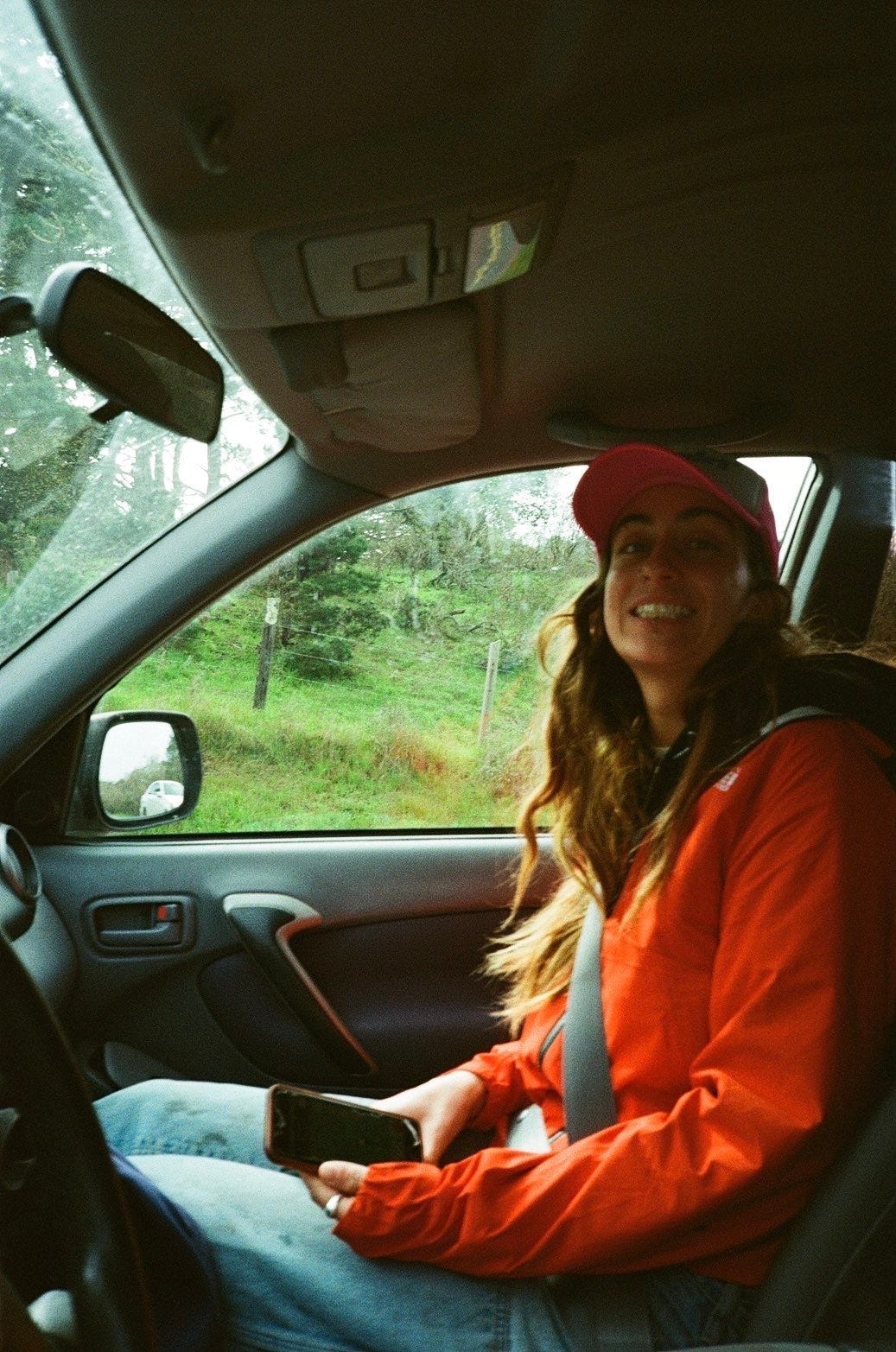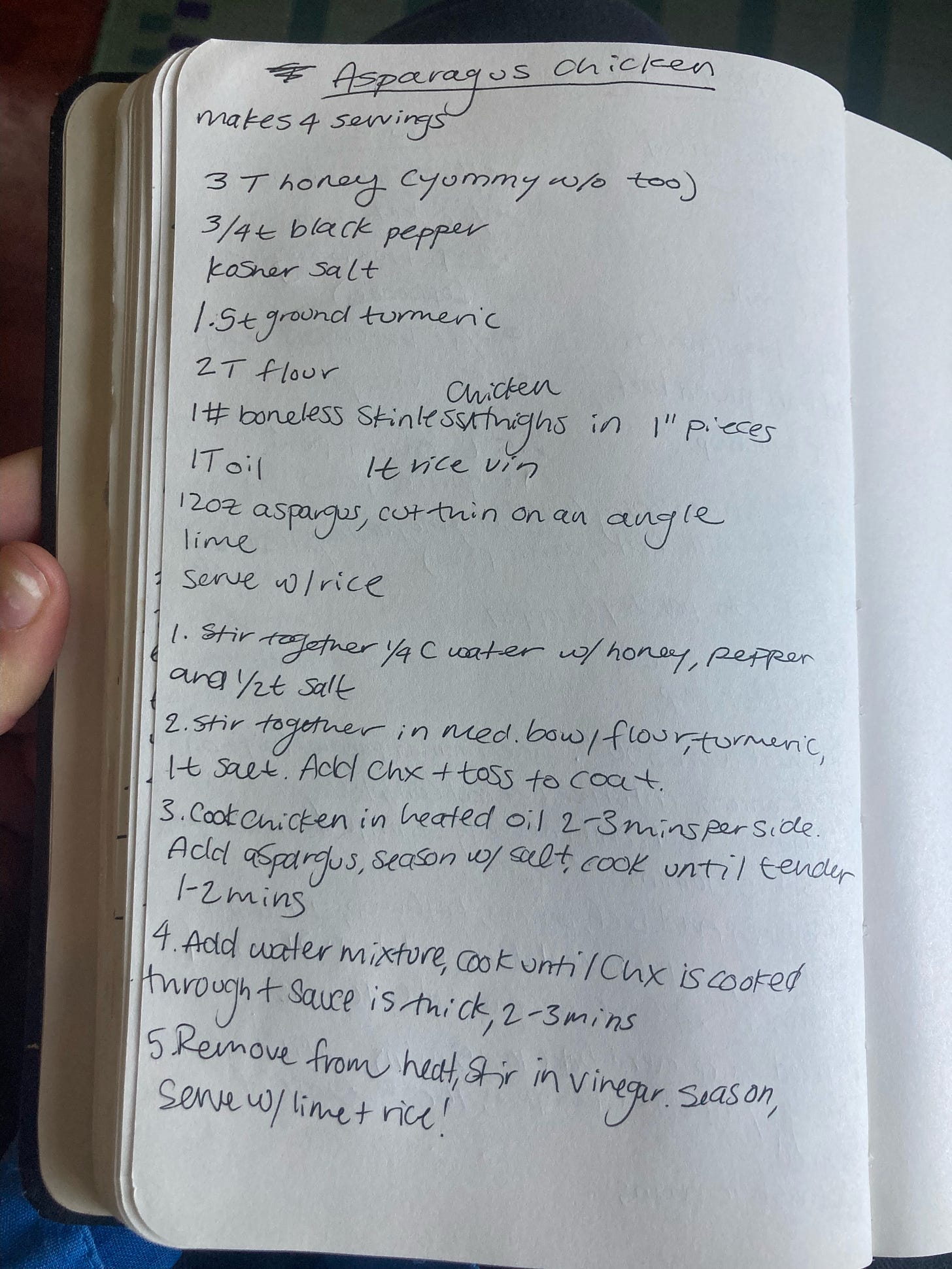This American Runs on Memories
We’ve all been jumpscared by the Memories feature in the Photos application on our iPhones. Be it in line for a cortado with oat or in attempts to avoid the company Slack channel, we’ve all fallen victim to ill-timed reminders of our past.
Depending on your relationship with your past this is generally harmless. I like seeing the stages of my growth through hair changes, weight fluctuation, the deadness of my eyes, and through the people I’ve surrounded myself with through the years. Shoutout all my exes and relations in-between - every choice I made got me to where I am now and I know some of you are reading this. Love you bro. Still, it is jarring to see a face you haven’t seen in years (especially your own) pop up on your lock screen while checking for notifications. Stronger folks will even share them. The next level of vulnerability was unlocked when my friends showed me pics from their time before me - college art shows, a ratchet trip to LA and being inundated with the schlongs of the Folsom Street Fair. I was hesitant at first but eventually shared some pics privately and much later.
I find it easy to hide everything unflattering about me. Like your average chad I’ve been taught that most of my insecurities can be masked with enough bravado. Thank God that to the trained eyes of real ones, all of that is embarrassingly transparent. Romanticizing your faults is not custom to the landadafree! Hide your kids (Drake), hide your wife (Kendrick), hide your stretch marks and hide your war crimes. The classic American cover-up is in our DNA and we are doomed to participate.
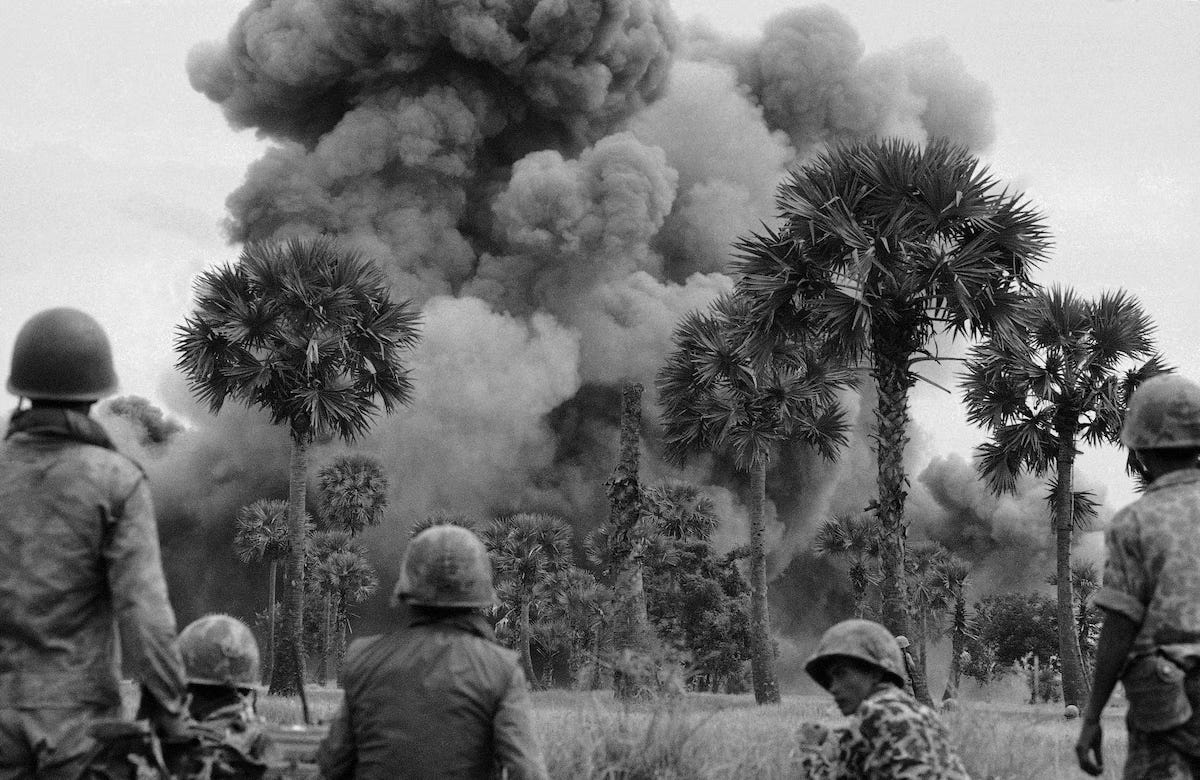
My AP Government teacher was really into Richard Nixon so it makes sense that he skipped this part of the course, if it was included in the curriculum at all. From 1969 to 1973, in an effort to contain Communism, Henry Kissinger turned his gaze from Vietnam to Cambodia and bombed it to pieces. The power vacuum that this created in the country only empowered the Khmer Rouge, an army of Cambodian communist rebels freshly angered by clandestine American involvement and domestic corruption. In 1975 they overthrew the government and led a violent campaign against their own people; forcing millions into the terrifying Killing Fields and oversaw one of the largest and most complete evacuations of a major city in Phnom Penh. But not before a young Ted Ngoy was able to flee to the suburbs of Southern California just in time for his destiny.
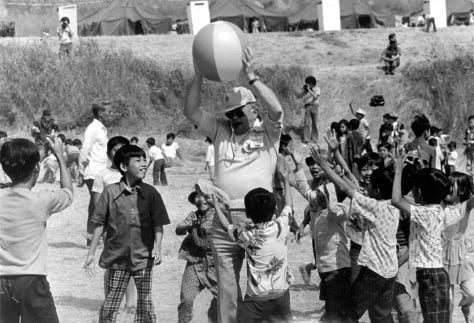
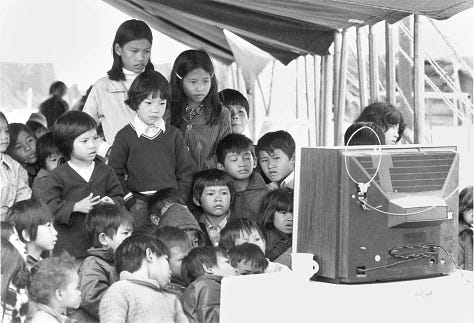
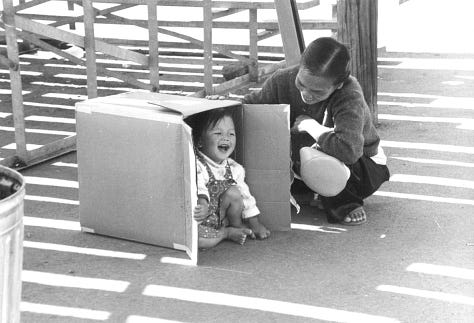
Admittedly a bit dysregulated from the night before but at peace with the Denver Nuggets’ elimination in a historic Game 7, I looked through my brother’s Hulu for a passive watch on Sunday morning. Before I knew it I was ugly-crying at Alice Gu’s The Donut King, a documentary about Ted Ngoy and his life after fleeing Cambodia. Apart from dreamy shots of confectionaries that reminded me of the first season of The Bear, what was particularly moving was the rare footage of families newly immigrated from their war-torn homes to sunny and forever suspect Camp Pendleton, CA. Little asian babies free from one kind of violence, perhaps faced with another, but safe and secure for the most part to live their lives freely. After saving enough money working as a church janitor and a gas station attendant, Ted and his family opened a donut shop in La Habra. With a head for business and sheer force of will, he bought and leased hundreds of bakeries solely to refugees throughout the years. Those able to escape to California would look for “Uncle Ted,” who would give them a job and a new life. Because of this, Cambodian-owned donut shops now make up two-thirds of all donut shops in the state. He’s even credited for being the first person to use the pink boxes that now signify a manager’s birthday and an early afternoon crash. The film’s conceit is its superimposing of the horrific, years-long conflict in Southeast Asia with the hot burning star of Ted’s life. For better or worse, Ted Ngoy’s trajectory was a Reagan-approved narrative many immigrants aspire to to this day.
Poet Ocean Vuong emphasizes the importance of diasporic narratives in art and literature. His work is a stepping stone for young artists who wish to reconcile the traumas of their pasts and make sense of all the pieces in their identity closet. I love his poetry, but admit that over time I’ve grown weary of this practice. It sucks to constantly be looking back. In contrast to the cover-up, taking a long look into the Memories grid of one’s inherited wounds is not always better for making art. It is exhausting and makes you so self aware and I imagine that’s probably his point: to generate new life by becoming uncomfortably familiar with everything you escaped from. Ocean’s poetry does this and I cannot recommend it enough.
Late last year I submitted a piece that coincidentally parallels the film’s narrative for my friend’s first zine. Read that here and watch the documentary to learn more about the Donut King. Or at the very least take a trip to your local donut shop for a classic glazed and a lotto ticket. America runs on these kinds of stories, no shade to the Dunk.
Is one’s present identity exclusively characterized by the hidden traumas of their past? Who would I be now if I wasn’t Polyamorous Prozac Adam 6 years ago? Exhale with Ben and I and consider the temporality of a photograph as it pertains to memory according to Barthes. Every photo (especially the ones on your iPhone) is a mere fragment of reality specific only to that time that no longer exists. They are myths that can complicate memory as a whole, rarely to be trusted. Trying to alter or hide them is a futile attempt for control we simply do not have. This nature of photography is what makes its practice both treacherous and beautiful. Post-structuralism is liberating baby. I hope Ben Affleck is out there slurping down a 24 oz. Dunkin iced latte, comforted to know that this pap photo version of himself isn’t what makes him Batman. Zack Snyder cast him as Batman, they made some bad movies and then he quit! Learn from Ocean Vuong, my buddy Ben, and Roland Barthes. Honor where you came from, make peace with your past, live in the freedom of forgetting and go make a new movie.
Whether vegetables exist or not, you’ve probably already been told by the Boat & Tote crowd that it’s literally Asparagus season. Willamette Bearcat Jimmy Ross would slam the pickled version and its brine, to combat the upchuck of Busch back in the day - which is not gross at all if you prefer a saltier hair of the dog. Asparagus is pretty forgiving to the home chef and definitely worth the stinky tinkle that follows. With a quick blanche, some Crystal kosher and good olive oil you’re good to go. Light a ciggy, pair that with a frosty Côtes de Provence and turn your apartment into a barge on the French Riviera.
Roommate, co-op cutie, and worker-owner Cameron Bacher gave me a bite of Asparagus Chicken a few months ago and I made it for a quick pre-party dinner this weekend. Even though we live together I still get shy around Cameron. She’s an intense lover of people and effectively uses food to display that. It’s the kind of generosity that challenges me to be better, to establish boundaries for myself as a form of self love and ultimately for the benefit of others. A good practice to pursue but ostensibly easier for a Virgo tbh.
We are an anti-paywall publication for now, so here’s the recipe courtesy of Cameron, for a quick dinner that tastes like homemade Panda Express. I won’t tell anyone if you have it with an extra serving of white rice.
I’m able to pay bills and fulfill Venmo requests this month thanks to Matt and Cat at Cone Shape Top. Cat works with the AAWAA and I helped deinstall their last exhibition last week. She and Matt host art and music events at their space and throughout the Bay, here are a few tings lined up for the rest of the month. Hope to see you there!
Listen to Cone Shape Top’s live streamed sets here.







